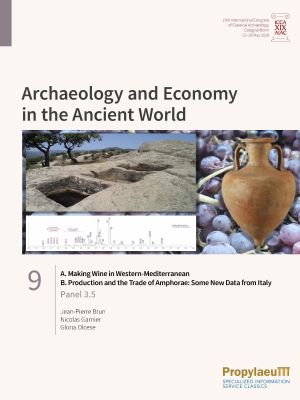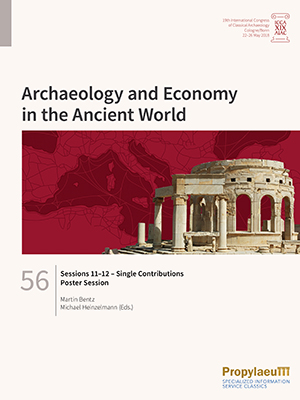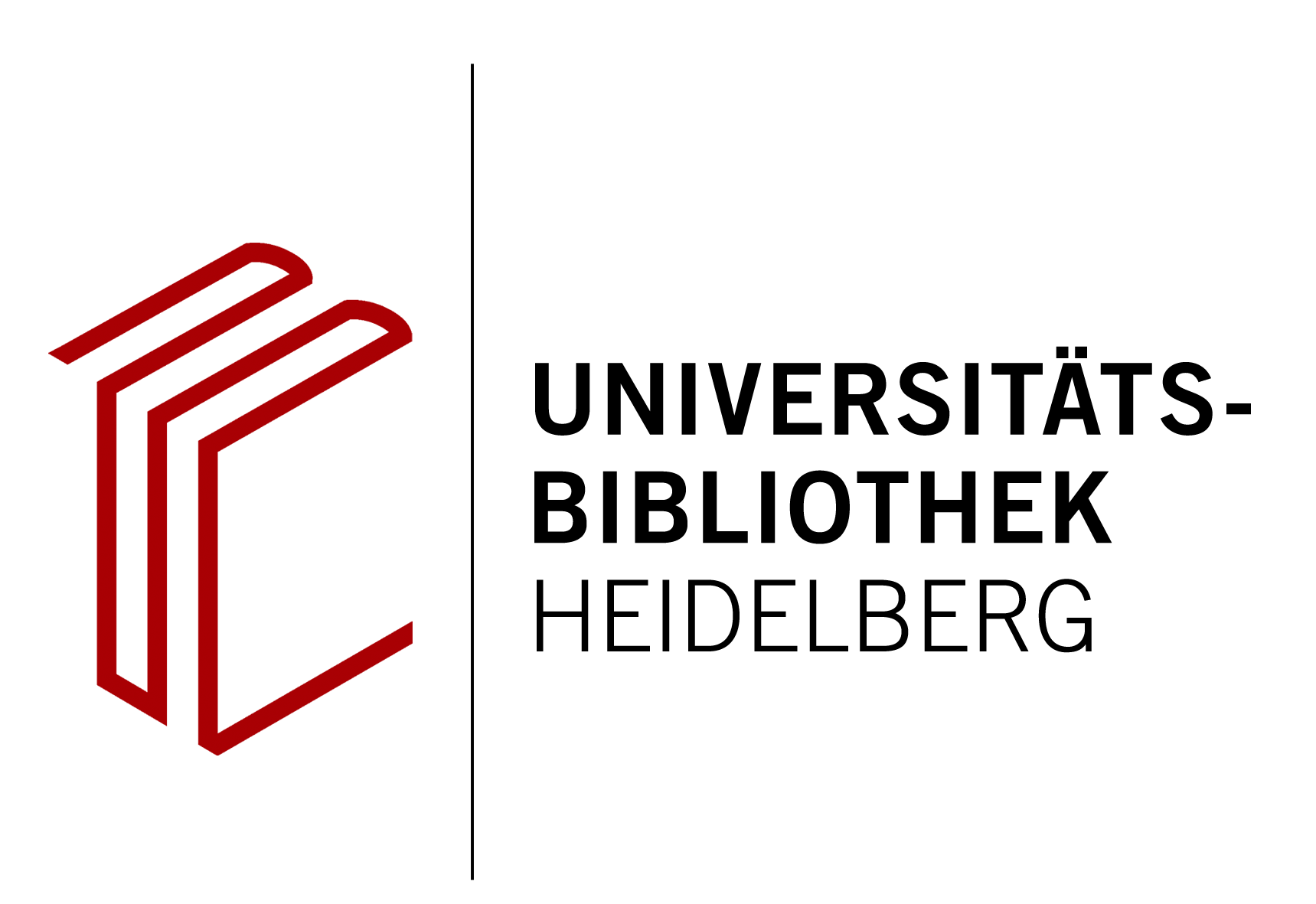Peña Cervantes, Yolanda
A. Making Wine in Western-Mediterranean B. Production and the Trade of Amphorae: Some New Data from Italy: Panel 3.5
Ziel dieses Bandes ist es, mit Hilfe von Archäologie, Archäometrie, Archäobotanik und Molekulararchäologie neue Daten und aktuelle multidisziplinäre Projekte zum Weinbau in der Antike vorzustellen; und zwar sowohl zur Weinherstellung und -verbreitung als auch zu den Behältern, in denen der Wein aufbewahrt wurde.
Die Studien in diesem Band konzentrieren sich auf Italien und seine Beziehungen zu anderen Gebieten (Spanien, Malta), um unsere Kenntnisse über die Veränderungen in der Agrarlandschaft zu vertiefen. Ein weiterer Schwerpunkt sind Weinproduktionsanlagen, die bisher noch wenig erforscht sind, wie z.B. in den Fels eingearbeitete Behälter.
Die fortschreitende Entwicklung technischer Analysemöglichkeiten ermöglicht nach und nach die Beantwortung der alte Frage der Unterscheidung zwischen Produktionsanlagen für Wein und Olivenöl. Es war bekannt, dass für beide Produkte die gleichen Pressen verwendet werden, aber jetzt können durch die systematische Flotationsanalyse Olivenkerne oder Traubenkerne zum Vorschein kommen, und biochemische Analysen in der Gaschromatographie oder Flüssigkeitschromatographie in Verbindung mit der Massenspektrometrie liefern heute sehr zuverlässige Ergebnisse über die Rückstände in den Fässern.
Im zweiten Teil des Bandes werden einige neue archäologische und archäometrische Daten zur Herstellung und Verbreitung von Weinamphoren - die von der tyrrhenischen Küste Italiens, Spaniens und Afrikas stammen - in Italien und im westlichen Mittelmeerraum vorgestellt, deren Untersuchung ebenfalls mit Labormethoden durchgeführt wurde.
Sessions 11–12, Single Contributions – Poster Sessions
Wirtschaftliche Aspekte durchdringen alle Bereiche des öffentlichen und privaten Lebens in alten Gesellschaften, sei es in der Stadtentwicklung, der Religion, der Kunst, dem Wohnen oder dem Tod. Die Erforschung der antiken Wirtschaft spielt seit langem eine wichtige Rolle in der Alten Geschichte. In den letzten Jahrzehnten ist aber auch in der Archäologie zunehmend das Bewusstsein gewachsen, dass die materielle Kultur alter Gesellschaften ausgezeichnete Möglichkeiten bietet, die Struktur, Leistung und Dynamik alter Wirtschaftssysteme und Wirtschaftsprozesse zu untersuchen. Hauptziel dieses Kongresses war es daher, die Ökonomie als ein zentrales Element der klassischen Gesellschaften zu verstehen und ihre Wechselwirkung mit ökologischen, politischen, sozialen, religiösen und kulturellen Hintergründen zu analysieren. Das Thema des Kongresses richtete sich an alle Disziplinen, die sich mit der griechisch-römischen Zivilisation und ihren Nachbarkulturen von der ägäischen Bronzezeit bis zum Ende der Spätantike befassen.
In diesem Sammelband behandeln einzelne Beiträge der Sessions 11 und 12 zum einen digitale Themen wie computergestützte Ansätze und 3D Dokumentation in Archäologie und Bauforschungen. Zum anderen beinhalten die Studien Themen zu antiken Skulpturen sowie Heiligtümern und den damit verbundenen Ritualen.
Zudem sind in diesem Band die zahlreichen verschriftlichten Poster publiziert, die während der Kongresswoche im Rahmen einer Postersession vorgestellt und diskutiert wurden.








